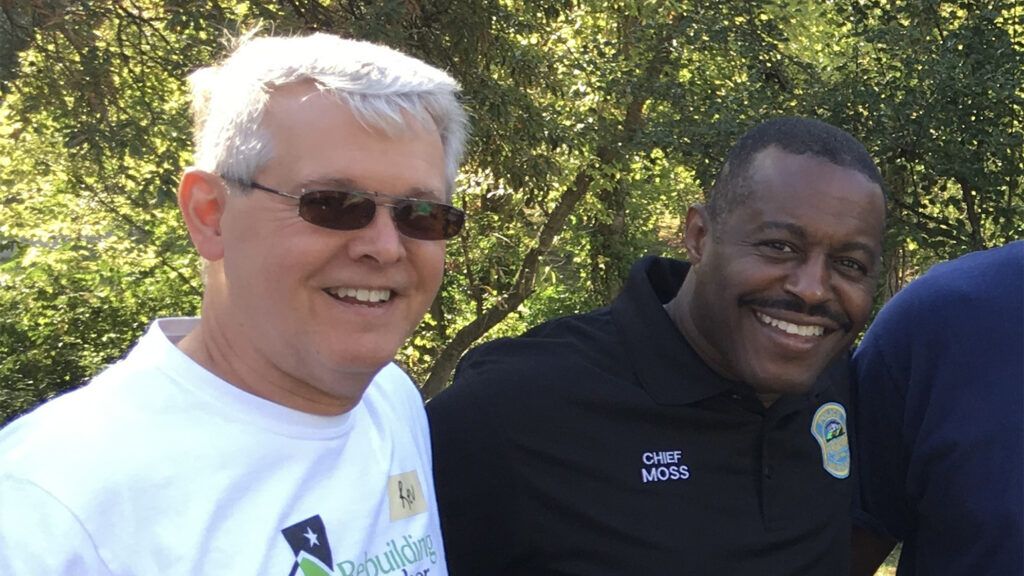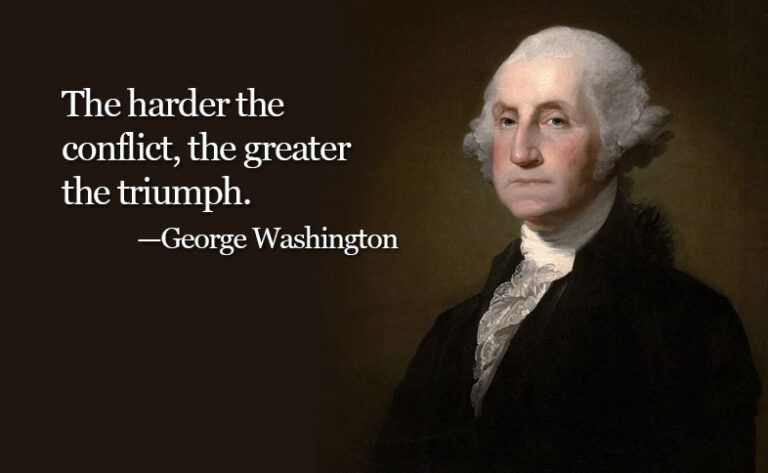Police chaplain John Revell was heartened at the conclusion of the trial in which a jury found former officer Derek Chauvin guilty in the death of George Floyd, and encouraged by the way in which it unfolded. He was also hopeful that it ultimately will allow for healing and greater trust between communities of color and law enforcement. “Those who value justice should be encouraged to see our justice system working as it should,” he says, adding that he’s heard from officers who were appalled and outraged by Chauvin’s actions. Chauvin, a white Minneapolis police officer kneeled on the neck of Floyd for more than nine minutes.
But years before the watershed case rocked the U.S., Revell has been working to forge connections between minority communities and police.
In 2017 the chaplain, who works with Connecticut state police and several municipal departments, started a program called Building Community. The idea was for police officers and members of Black and brown churches to come together for a day to repair the homes of residents in need. They also gather for dinner the night before the building project for a relaxed evening of food, fun and fellowship. Revell has since taken the program to cities around the nation, including Charlotte, North Carolina; Columbus, Ohio and Tampa, Florida.
One area where the program has been particularly successful, Revell says, is in Ferguson, Missouri, in large part due to to Delrish Moss, who took the reins as that department’s first Black police chief in 2016, after the fatal shooting of Michael Brown two years earlier. Moss vowed to help bridge the distrust between the police and the predominantly Black and brown community. He brought more than 30-years-experience with the Miami, Florida police.
Moss began by going door to door across the city. He said people were stunned to find police at their door wanting only to get to know them as individuals.
“You learn we all want the same things,” Moss says. “We want the best for our children, good jobs, good health, things the police don’t directly affect. But we were able to connect them with city services they weren’t aware of. Churches and non-profits. Auto parts stores donated coupons officers could give out to motorists with burned out headlights rather than issuing tickets. When people see police as a resource, instead of only showing up when there’s a crisis, it makes a huge difference. And crime goes down.”
Still, progress was slow. He’d been on the job for almost a year when he got the call from Revell. “I jumped at the chance,” Moss says, about implementing the Building Community Program.
On a Saturday in October 2017, Moss, about 10 other officers and a handful of community members spent the day working at a house owned by an older veteran, Frank McCaa, who hadn’t quite known what to expect. “I haven’t had a lot of good experiences with police,” he told Moss.
“I know what you mean,” the chief said. As a teenager in Miami he’d been stopped by police twice for no apparent reason. The incidents inspired him to be an officer instead of a musician; a voice inside telling him there had to be a better way.
McCaa watched in amazement as the police hung new windows, repaired doors and did yard work. They cleaned the house, inside and out, hauling away truckloads of trash. McCaa’s pride in his house was evident, but with each passing hour he grew more animated. “I don’t know how to thank you,” he said when they’d finished.
Moss says the program has offered far more than the opportunity to repair homes. A team of officers organized a community pool party that attracted 500 youths, while another department built a playground for a local elementary school. Another group of officers took kids to see the “Black Panther” movie, then met to talk about how the themes of the movie related to their lives.
“Building Community helped to build relationships that go to reconciliation and long-term community partnerships,” Moss says. The chief is now back in Miami, at Florida International University, but healing continues in Ferguson.
In city after city, Revell has seen the seeds of the Building Community initiative take root.
“In these difficult times we need tangible strategies to make peace a reality,” Revell says. “God calls us to be peacemakers. That’s what Building Community is all about.”






